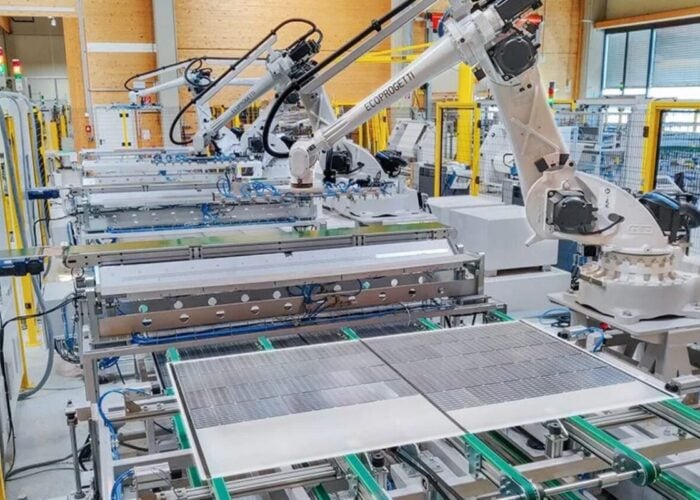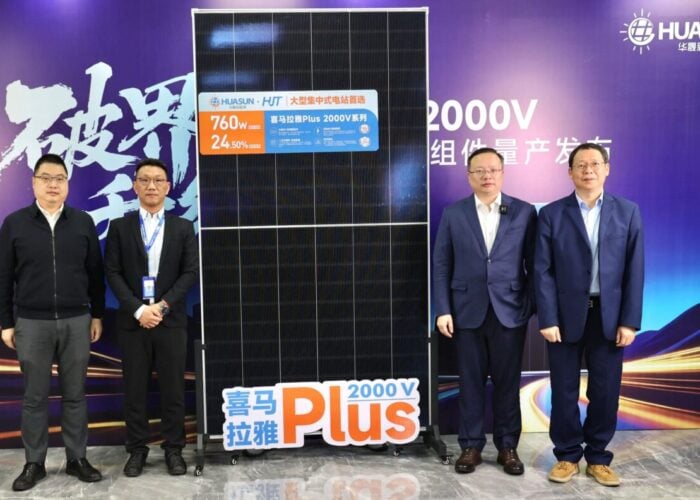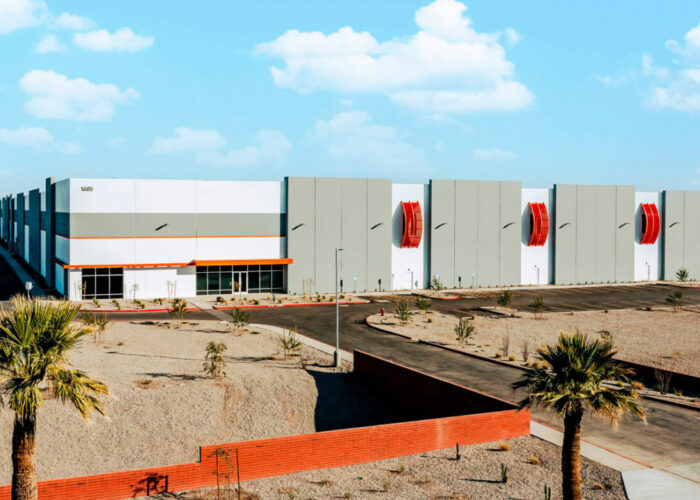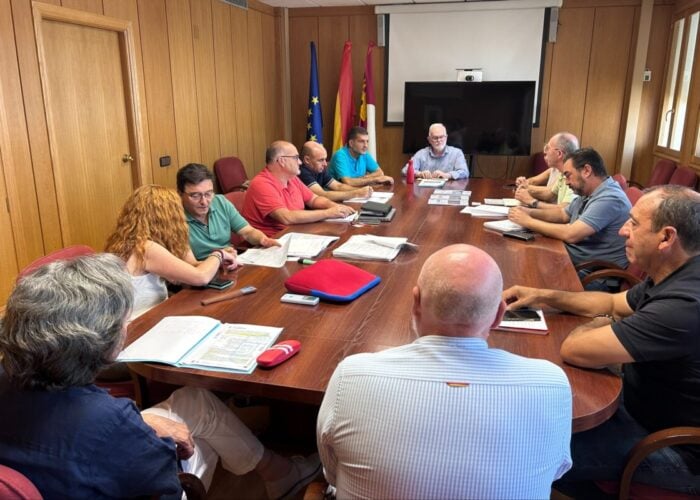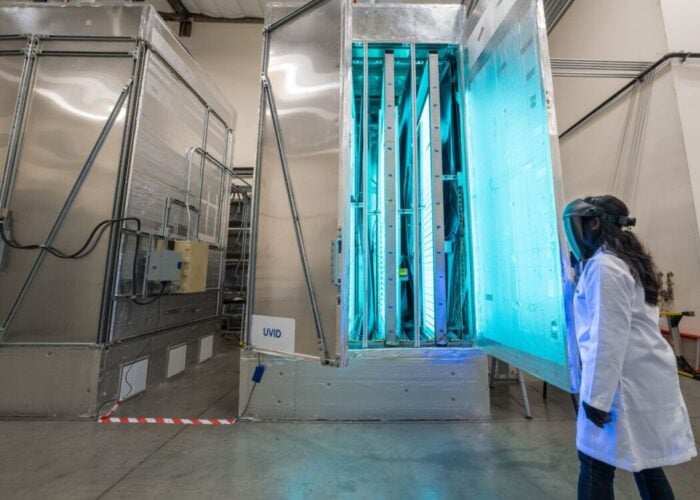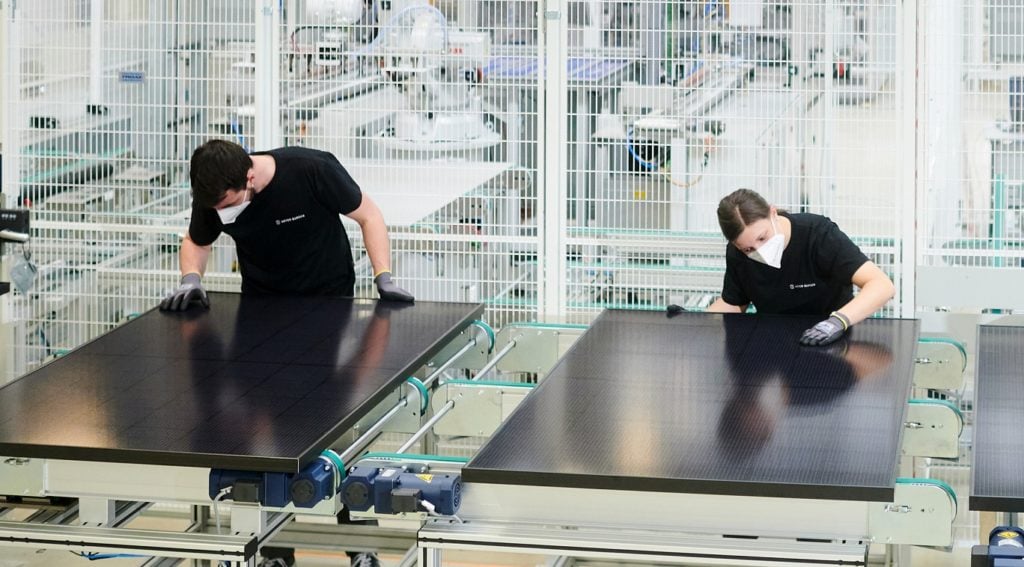
Heterojunction cell and module manufacturer Meyer Burger is planning to set up a module production plant in the US that it expects to be operational by the end of next year.
With an initial 400MW capacity and the “potential for further growth to multiple gigawatts” in the future, Meyer Burger said, the facility will manufacture modules for residential, commercial and industrial, and utility-scale applications.
Try Premium for just $1
- Full premium access for the first month at only $1
- Converts to an annual rate after 30 days unless cancelled
- Cancel anytime during the trial period
Premium Benefits
- Expert industry analysis and interviews
- Digital access to PV Tech Power journal
- Exclusive event discounts
Or get the full Premium subscription right away
Or continue reading this article for free
The Switzerland-headquartered company is currently in discussions with several US states to determine the site location, with a final decision expected by the end of the year. Equipment and machinery procurement is taking place in parallel with site selection to enable rapid scale-up of production.
The investment forms part of Meyer Burger’s strategy to produce modules near end customers and improve sustainability by reducing transportation emissions.
It said its US expansion is supported by favourable market conditions, growth opportunities and policy support for the solar sector in the US.
“We are encouraged by bipartisan support for domestic manufacturing of solar infrastructure to secure true energy independence and control of our future,” said Ardes Johnson, president of Meyer Burger Americas.
The proposed Solar Energy Manufacturing for America Act (SEMA), which would provide tax credits for US-based solar manufacturers at all stages of the supply chain, has secured additional political support this week.
Meyer Burger inaugurated its cell and module factories in Germany in May, with both starting production with annual capacities of 400MW. Having shipped its first modules in July and securing orders from customers in the US and Europe, the company said last month it is sold out until Q4 due to production ramp-up delays.
Reporting its H1 results last month, Meyer Burger said that while production at its Germany plants is running around the clock, missing components required for the scheduled ramp-up of the factories delayed the commissioning of individual parts of the production lines.


